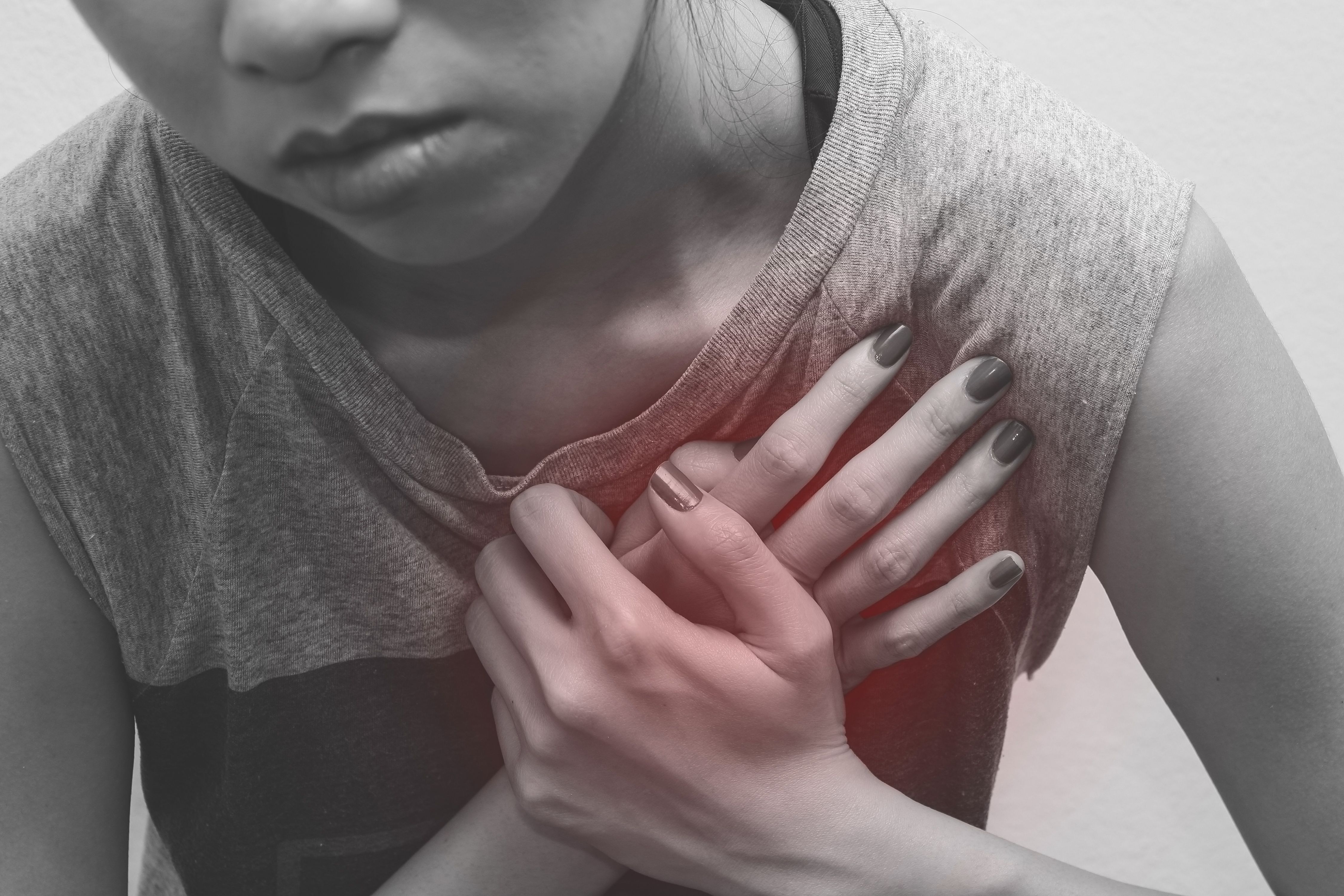
When you picture someone experiencing sudden cardiac arrest (SCA) and needing CPR, you might think about a man. However did you know 40% of SCA occurs in women? It’s important to know what puts women at risk, and how to react quickly if SCA happens.
Here’s three things you must know that could help you safe a life.
1. Women are less likely to receive CPR – but that’s changing
If a woman experiences outside-the-hospital cardiac arrest (OHCA), she is 14% less likely to receive CPR than a man is. Bystanders may not realize that her heart has stopped, and may think she only fainted.
Bystanders may also fear harming a woman with chest compressions. They may be hesitant to remove a woman’s clothing so that they can apply AED (automated external defibrillator) pads – a crucial part of helping people who’ve experienced SCA.
Most manikins used for CPR training are shaped for the male torso, so many people have never been trained on how to properly perform CPR on a woman. However, this is starting to change, as organizations have developed manikins that accurately reflect women’s bodies.
Additionally, Good Samaritan laws protect people who are trying to assist in an emergency.
2. There’s Less awareness of heart disease in women
Heart disease can lead to SCA, but many people aren't aware that women are at risk for it. Healthcare providers may be less likely to treat women with medications for heart disease. However, studies show the benefits of treatment are similar in both men and women.
Some risk factors are also more dangerous for women than men. Diabetes, stress, and smoking tobacco increase women’s risk more. Eating healthy foods, exercising, quitting smoking, and managing stress can decrease a woman’s risk of SCA.
3. SCA affects young females too
Though cardiac arrest is rare in young people, it can still occur. Young female athletes can experience cardiac arrest, especially if they have a family history of it or are hit in the chest during activity.
It’s important for parents, coaches, and teachers to be trained in performing CPR. It’s also essential for schools and sports teams to have AEDs nearby for use in an emergency. Every minute matters when it comes to SCA.
One thing remains true, regardless of gender: SCA can strike without warning. However, if you know how to recognize it and have the proper training, you’ll be better prepared to save someone’s life.
At Starting Hearts, we can provide you with specific training for making a life-saving difference.
Contact us for more information: info@startinghearts.org
Laura Bradford is a nurse practitioner based in Massachusetts
